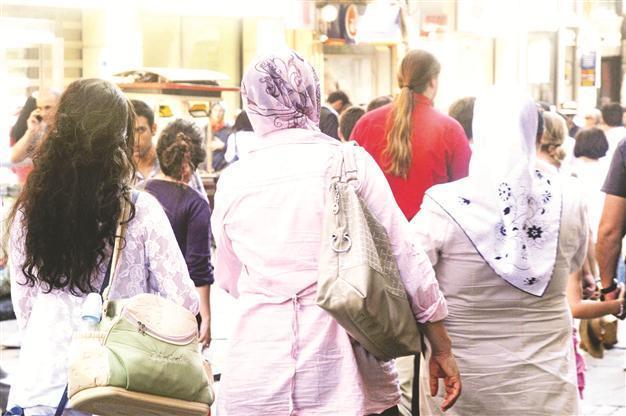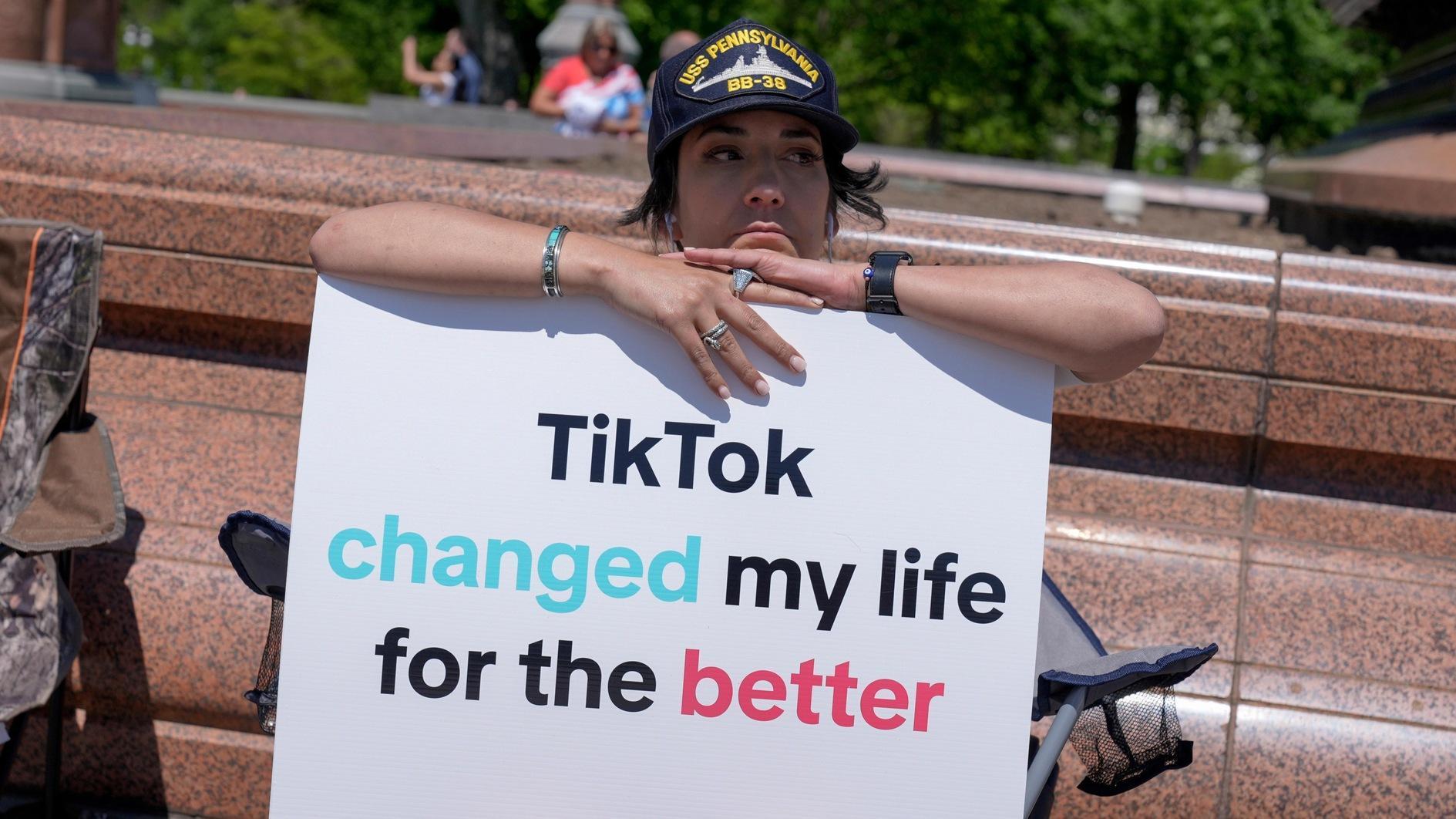US report criticizes Turkey
ISTANBUL - Hürriyet Daily News

The US report on religious freedoms underlines the ban on wearing religious Muslim headscarves in government offices and public primary schools. DAILY NEWS photo, Hasan ALTINIŞIK
The Turkish Government has continued to impose limitations on Muslims and other religious groups through, for example, a headscarf ban in government offices for the stated purpose of preserving the “secular state,” the U.S. State Department has said in its annual report on religious freedom.The report emphasized problematic issues in Turkey, such as the reopening of the Greek Orthodox Halki Seminary, the headscarf ban in government offices, conscientious objection to military service, compulsory religious education and difficulties faced by Alevis in creating suitable places for worship.
“There were reports of societal abuses and discrimination based on religious affiliation, belief, or practice. Threats against non-Muslims created an atmosphere of pressure and diminished freedom for some non-Muslim communities. Many Christians, Baha’is, Jews, and Alevis faced societal suspicion and mistrust, and some elements of society continued to express anti-Semitic sentiments,” the report read.
Wearing headscarves in gov’t offices
The report pointed out that Turkish authorities have continued their ban on wearing religious Muslim headscarves in government offices and public primary schools, although the ban was not enforced in universities and is often ignored in some workplaces.
In its report, the U.S. State Department criticized the Turkish government’s policy regarding the Greek Orthodox Halki Seminary. The report claimed the seminary “could be reopened after being closed for 40 years.”
Some positive developments in religious freedoms were also noted in the U.S. State Department’s report, including the Turkish government recently permitting the forming of new religious community foundations and allowing religious community foundations to regain property which had in previous decades been confiscated.
“The government again permitted annual religious worship services to be held in religiously significant sites that had previously been converted to state museums, such as Sumela Monastery near Trabzon, Akdamar Church near Van, St. Peter’s Church in Antakya, St. Nicholas’ Church near Demre, and the House of the Virgin Mary near Selçuk,” the report stated.
The report also mentioned positive steps made toward decreasing prejudice against graduates and applicants of imam hatip schools. Applicants no longer encountered an automatic minimal reduction in their university entrance examination grades when applying for programs outside of the theology department, allowing for greater academic freedom.
In its report the U.S. State Department criticized Turkey’s failure to recognize conscientious objection to the country’s mandatory military service. It also underlined the punishment of opposing military service due to religious beliefs with charges in military and civilian courts and possible prison sentences as a limitation of religious freedom. However, the report also denounced the clouds of suspicion hanging over the Sevag Balıkçı case, an Armenian citizen who was killed during his army service.
















